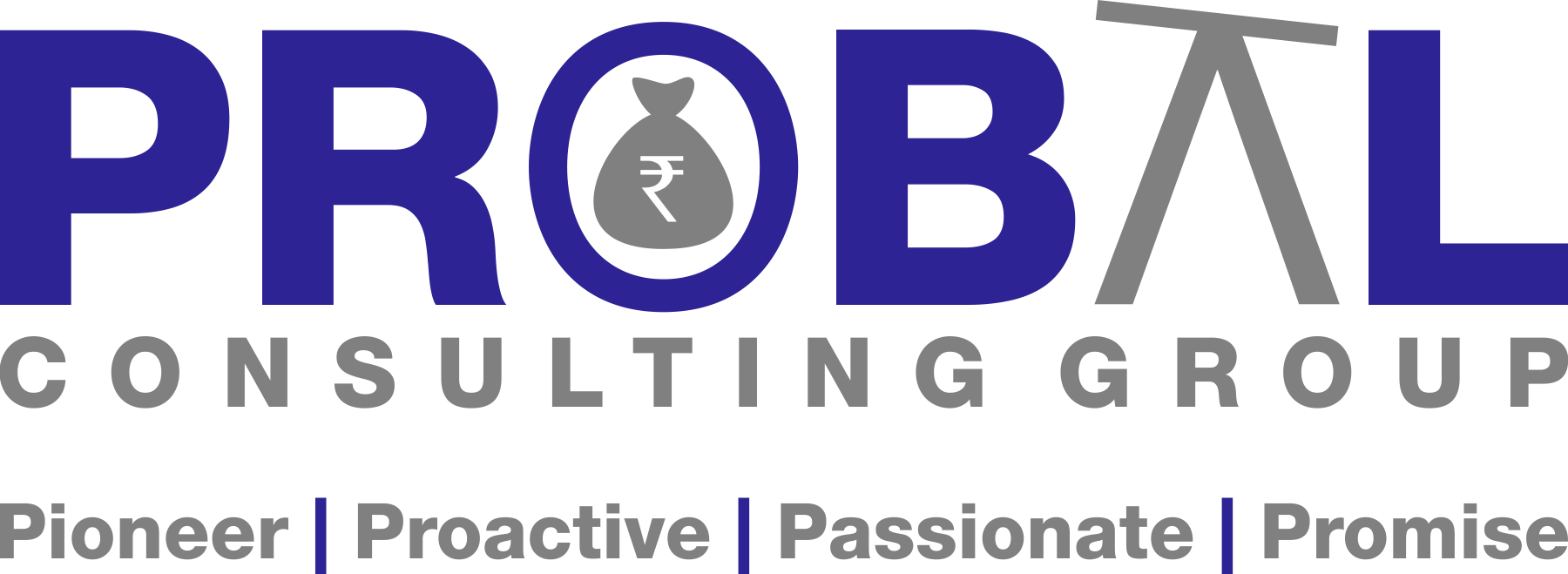If you are brainstorming whether to choose the Composition Scheme or not, you are at the perfect place! In this article, I will be discussing the composition scheme to help you decide whether you should choose the composition Scheme under GST or not.
What is the Composition Scheme under GST?
GST mechanism might prove a tedious and complex process for small business owners, especially the retail traders. so, to simplify the process for them and still keep them in the GST net, the Government has introduced the facility of the Composition Scheme under GST.
This is a simple scheme where taxpayers can get rid of the tedious task of filing regular monthly returns. Any taxable business having a turnover below 1.5 crores can opt for this scheme.
Who can choose this scheme?
Any taxable business having a turnover below 1.5 crores can choose this scheme. Initially, this scheme covered only manufacturers and Traders. Businesses offering Services were not allowed to choose this option.
But as per the CGST (Amendment) Act, any taxable business opting for the Composition scheme was allowed to offer the Services of up to 5 lakh or 10 % of the total turnover, whichever is higher.
It is interesting to note here that if multiple businesses are registered under a single PAN, then the total turnover will be considered for calculating the gross turnover.
For e.g., If Mr. X has registered two different business viz, Business A & Business B, with the annual turnover of INR 95 lakhs and INR 35 lakhs, then the gross turnover will be INR 1.30 crores. So, in this case, Mr. X will be able to register himself under the GST composition scheme.
Who cannot choose this scheme?
As per the notification of the GST department, the following businesses or taxable persons cannot choose the Composition scheme
- A business with an aggregated turnover above 1.5 crores
- A business supplying goods using E-commerce platforms
- A business supplying goods to other states apart from where it is registered, i.e. businesses doing inter-state supplies
- Any non-resident taxable person registered under the GST regime
- Any casual taxable business registered under the GST regime
- Any manufacturer of Tobacco, Ice-Cream or Pan Masala
Some important points to remember for a Composition Scheme
- A person registered under Composition Scheme cannot supply any goods that are not taxable under GST like Petrol or Diesel.
- In the case of Reverse Charge Mechanism (RCM), the taxable person will have to pay the tax at normal rates without any deductions.
- A taxpayer registered under GST composition scheme cannot claim Input Tax Credit (ITC) on any purchase.
- A person opting for GST composition scheme has to register all the businesses (if any) collectively under one PAN. For e.g., a person having multiple.
- Businesses like groceries, restaurants, etc. have to get a collective registration under the same PAN.
- A person registered under GST composition scheme will have to mention ‘Composition Taxable Person” on every signboard of his/her business or on every bill of Supply issued to the customers by him/her.
How can a taxpayer opt for a Composition Scheme?
There are two ways to do it. If a taxpayer is not registered under the GST regime and wants to get registered under Composition Scheme, he/she will have to opt for the same while filing the application for new registration of GSTIN.
If the business is already registered under the Regular scheme, the taxpayer has to file CMP-02 through the online GST portal. Also, any taxpayer wanting to opt for Composition scheme has to notify the same to the Department at the beginning of every financial year.
Billing under Composition scheme
Taxpayer registered under Composition scheme is not allowed to collect the tax from the customer. So instead of tax invoice, he/she will have to generate a bill of Supply. It is mandatory for such taxpayers to mention that they are registered under composition scheme and not eligible to collect tax on the supplies.
GST rates under composition scheme
Various business activities registered under GST composition scheme are taxed at different rates.
Let’s take a quick look at them
- Manufacturing activities:
CGST: 0.5 %, SGST: 0.5 % Total GST: 1%
- Trading Activities:
CGST: 0.5 %, SGST: 0.5 %; Total GST: 1%
- Non-alcohol serving restaurants
CGST: 2.5 %, SGST: 2.5 %; Total GST: 5%
- Supplier of services:
CGST: 3 %, SGST: 3 %; Total GST: 6%
Return filing under Composition scheme
Any taxpayer registered under the composition scheme is not required to maintain the detailed record of any supplies made by him/her.
Still, they have to file a quarterly statement CMP-08 before 18th of the month after the completion of any quarter. Similarly, these taxpayers have to file GSTR-4 on or before 30th April of the next financial year. They will also have to final annual return GSTR-9A on or before 31st December of the next financial year.
Inclusions in the GST that has to be paid by a composition dealer.
As mentioned above, a taxable person opting for composition scheme cannot collect tax from the customers. So he/she will have to pay the GST. The GST liability for such taxpayer will include:
- Tax on any Reverse Charge
- Tax on the purchase of specific goods and services, as mentioned in the law from the unregistered supplier.
- GST on the total turnover as applicable
After a detailed understanding of registration under composition scheme, let’s understand it’s benefits and drawbacks.
Benefits of registration under GST composition scheme
- The taxpayer will have a decent amount of liquidity due to the lower tax rates under this scheme.
- As the maximum tax rate is capped at 6%, the tax liability is limited
- The taxpayer can get freedom from multiple compliances like maintaining records, creation and issuance of tax invoice, filing timely returns and other similar compliances
Drawbacks of registration under GST composition scheme
- A taxpayer registered under this scheme cannot claim ITC. This can be a major drawback if he/she has to purchase a lot of business-related items.
- The business cannot grow outside the state boundary limits as inter-state Supply is not allowed.
- The taxpayer cannot expand his/her business by supplying goods through an E-commerce portal.
- The taxpayer cannot supply non-taxable goods like Petrol & Diesel.
Concluding thoughts
Government has offered an excellent opportunity for the small business owners to get rid of complex GST compliances.
Of course, this scheme comes with its own limitations, but still, it’s a good option.
If you are confused about opting for Composition scheme, our experts can help you out!
Feel free to reach us!
Probal Consulting Group is a leading Taxation, Accounting and Compliance firm that helps individuals, MSMEs and other businesses manage their accounting, taxation regulatory compliance affordably.


